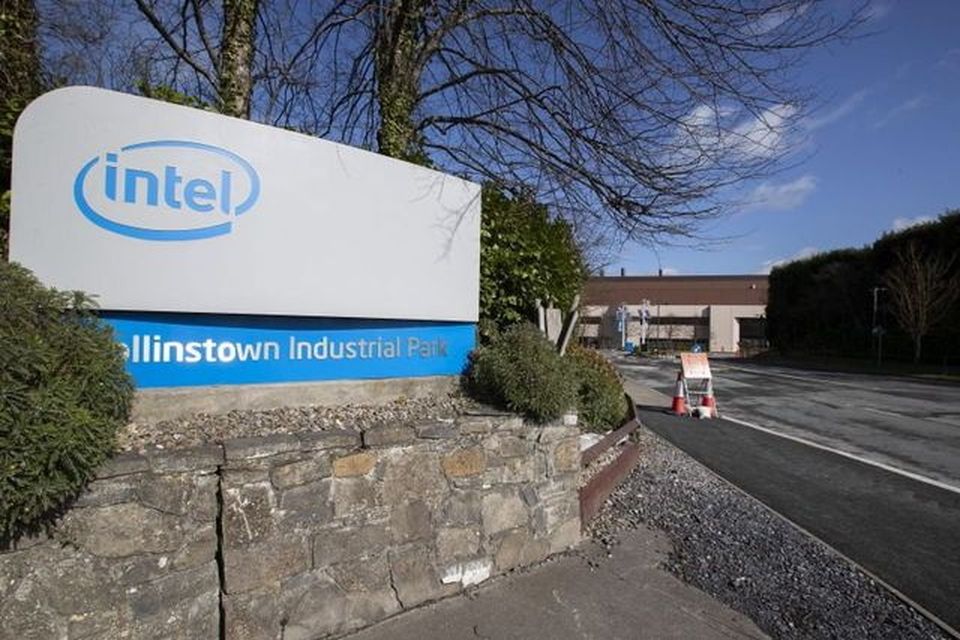The chip company has notified the government of its plans, with expected losses far fewer than the 20pc layoff figure floated earlier this year
The proposed cuts, details of which have been notified to the government as required under Irish law, would represent 4pc of the facility’s workforce, a figure far short of the 20pc floated in a report by Bloomberg earlier this year.
No information of staff positions or titles potentially affected have yet been disclosed. Details of financial compensation packages have also not been disclosed.
However, the cuts are not expected to take effect before September, following an industrial relations process.
The company has previously said that cuts would involve “streamlining the organisation, eliminating management layers”, with no further detail on the sectors to be targeted, other than that it intended to shrink expenses in “R&D, marketing, general and administrative” divisions.
Intel’s recently-appointed CEO, Lip Bu Tan, previously emailed staff to tell them that a wave of job cuts was coming.
“There is no way around the fact that critical changes will reduce the size of our workforce,” he said in April.
Today’s News in 90 Seconds – June 30th
Intel had already announced significant layoffs last year, cutting numbers by around 15,000 to leave the company’s headcount at just over 100,000 worldwide.
“As we announced earlier this year, we are taking steps to become a leaner, faster and more efficient company,” said a spokesperson for Intel Ireland today on the subject of the expected layoffs.
“We are making these decisions based on careful consideration of what’s needed to position our business for the future, and we will treat people with care and respect as we complete this important work.”
Intel is cutting jobs after failing to capitalise on the most important new waves of technology over the past decade. Once the world’s dominant chip-maker, the company has missed out on the transition to smartphones and AI. Its semi-conductor business remains associated with last-generation PCs and servers.
Its market valuation is currently $99bn (€84bn), a third of what it once was. By comparison, chip rival Nvidia, which was once far smaller than Intel, is now 40 times larger, valued at $3.85tn (€3.3tn). Other rivals, such as Qualcomm and ARM, have also overtaken Intel in valuation.
The struggling chip company remains one of Ireland’s largest employers and has been a mainstay of the country’s industrial setup since it set up its first plant there in 1989, investing more than €30bn in chip-making operations.
In 2023, Intel opened the first part of a new €17bn Fab 34 plant, complete with high-end chip making equipment that can make the company’s new advanced AI chips, its brand new 1.8 nanometre ‘18A’ variant on which it is basing a chunk of its future survival.
In 2024, Intel sold 49pc of the aforementioned Fab 34 Leixlip facility to a private hedge fund, Apollo, for $11bn.
It recently announced a ‘foundry’ plan to make chips for other companies, like industry-leading TSMC does.
CEO Lip-Bu Tan is seen as a costcutter by nature, having left the Intel board last year over a dispute with the then CEO, Pat Gelsinger, over the company having too many staff.
source
